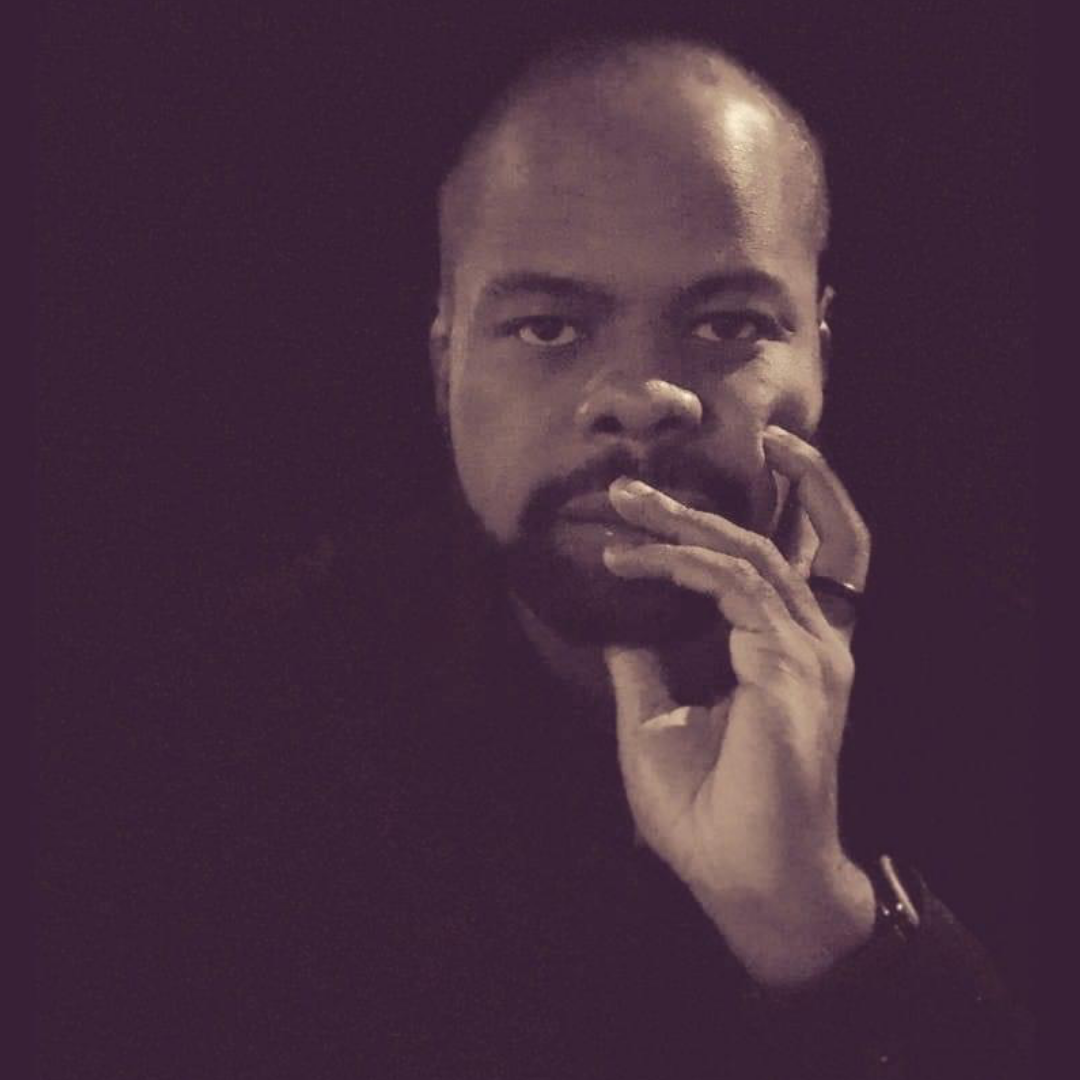
Luciano Ramos
My message to colleagues around the world: This time should be a time for learning. It is a moment to seize our future. It won't be possible to be the same after this pandemic; our practices will no longer be the same.Country: Brazil
|
If you could send one positive message to your colleagues around the globe at these challenging times, what would it be? We have learned new forms of communication. We have learned to value families even more as the primary caregivers for their children. We need to reinvent our practices. The pandemic will pass! We will return to our face-to-face activities. In the meantime, I wish you all strength and empathy to continue this work. I hope you stay focused on what we learned during this period -- support families as the main caregivers of children and recognize the role that their communities play in child development. If you could send one positive message to children and families/caregivers around the globe at these challenging times, what would it be? I'd also tell families that now is the time to strengthen the family bond. Men and women have the opportunity to spend more time with their sons and daughters right now. They can spend more time caring for and protecting children. What are you learning during these times as an individual and a professional? Professionally, I am learning that the crisis is an opportunity to change strategies and broaden the vision. Workshops with online activities allow the methodologies with which I work to reach more people throughout Brazil. During this pandemic, we've been able to connect with more men. Between April and May of this year, violence against women in Latin America grew to disappointing numbers. During this period, activities we've conducted with men helped prevent situations that could lead to violence against women and children. During the lockdown, I wrote a children's book about fatherhood. It shows the relationship between a father and his young child. It shares how fathers can take care of children and address sensitive issues such as racism against black children. This topic is high on the agenda, alongside child protection and care. What would you like people to know and understand about your work during the COVID-19 pandemic? I have been working with an organization in Brazil for three years to increase men's involvement with young children and create policy proposals focused on this topic. We work on elaborating such proposals, as well as the implementation and the monitoring of public policies. At first, I was confused about how to transform our face-to-face method so that we could do it from a distance. Promundo has a methodology called Program P, which is a series of internationally recognized activities that promote care skills in men who are parents. My big challenge was to transform these activities to perform them remotely, contributing to parents' ability to care for their children, especially during this pandemic, when they spend more time at home and take care of their children. What concerns you the most now, and what concerns you most for the upcoming period? I'd like to ask governments and organizations to invest in families and communities. This will ensure the care and protection of children. |
